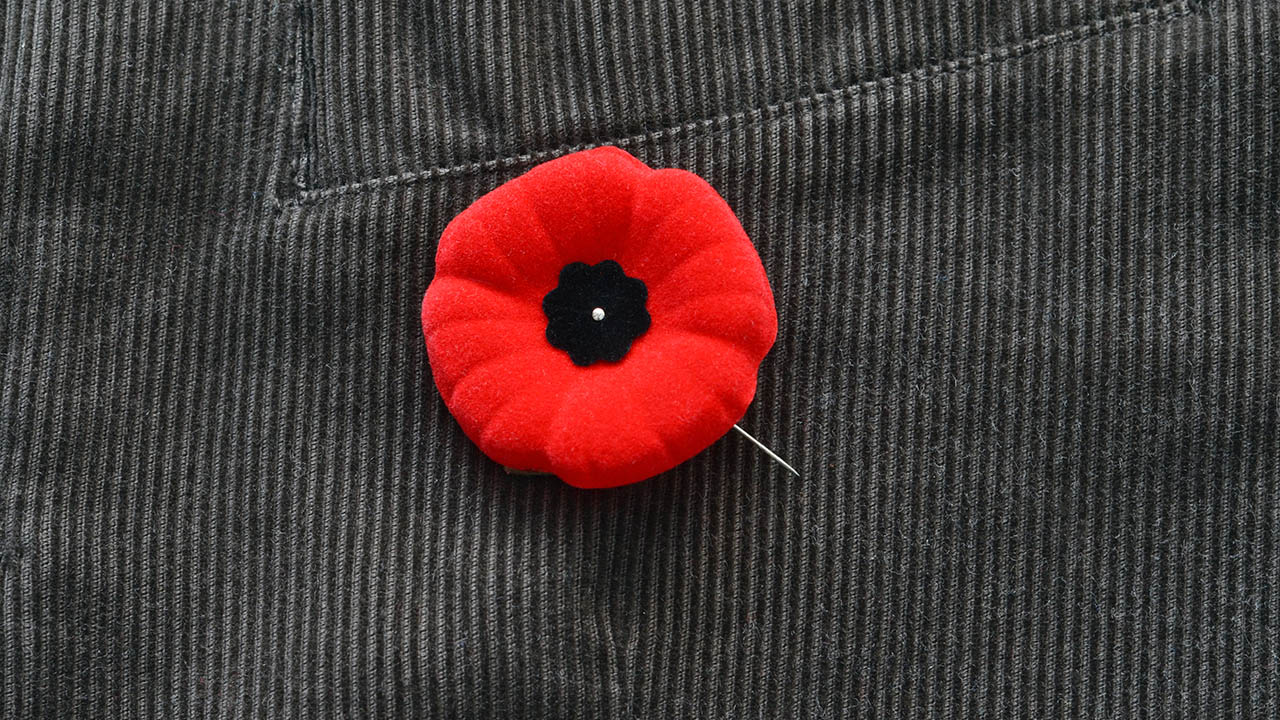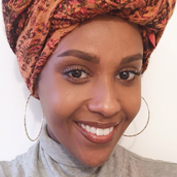Coming to Canada: Acceptance in the face of nonacceptance
 CREDIT: ISTOCK (ANTHONYROSENBERG)
CREDIT: ISTOCK (ANTHONYROSENBERG)Opinion: In Canada, don't assume people's stories before getting to know them.
Anytime someone says something controversial to, about or around me I try to make it a point to let the remarks marinate before responding; emphasis on try.
When reading something controversial it becomes easier to sit with the words prior to forming an opinion. That is what I chose to do with Don Cherry’s recent on-air antics about Remembrance Day.
I am sure by now most of us have heard the infamous “You People” line that caused a lot of hurt, confusion and anger on both sides. However, this article isn’t about Don Cherry and his words but rather a perspective from someone raised by an immigrant here in Canada.
My mother came to this country to escape the Somali civil war when it began in the ’90s. She came here with nothing but hope and life experience shaped by her culture, religion and upbringing.
With military training, a degree in education and being multilingual (Somali, English, Arabic and Italian), she had high hopes for what she could do here. She knew nothing about Canada other than it being globally promoted as a safe haven for refugees trying to rebuild their lives.
She was not accepted.
Her education was not accepted.
Her accent was not accepted.
The smell of her food was not accepted.
She was othered the moment she came here but that did not stop her from trying to learn and understand Canadians and their culture.
She made it a point to enroll me in a French immersion school because she respects that there are two official languages in Canada.
She would participate in holiday customs outside of her norm in an attempt to provide a typical Canadian experience for me as a child.
She would always correct any accent I would pick up from her when speaking English in hopes my accent and English would be accepted here. She wanted me to be both Canadian and Somali and my upbringing reflects that. Even when people would try and blame the difference in culture for simple human mistakes, she would still always try and learn.
That is where I gained my affinity for knowledge and developed my patience. I became accustomed to Canada long before she did because I’ve called no other place home. But that didn’t mean I had to make my mother feel bad if she didn’t understand a Canadian concept like tipping, for example.
I would teach her little by little the nuances of being Canadian, including the importance of Remembrance Day. It is a day she could absolutely connect with seeing that she has lost a lot of family and friends to war.
She understands sacrifice because she gave up everything she knew to try and build something better for me. She understands loss and the importance of remembering those who have come before you. She understands the pain in fighting for freedom. This is what Remembrance Day is about.
My mother’s story is no different than the many immigrants and refugees that come to Canada in hopes for a better life.
So maybe think twice before you assume someone’s story because you don’t see them wearing a poppy.
Editorial opinions or comments expressed in this online edition of Interrobang newspaper reflect the views of the writer and are not those of the Interrobang or the Fanshawe Student Union. The Interrobang is published weekly by the Fanshawe Student Union at 1001 Fanshawe College Blvd., P.O. Box 7005, London, Ontario, N5Y 5R6 and distributed through the Fanshawe College community. Letters to the editor are welcome. All letters are subject to editing and should be emailed. All letters must be accompanied by contact information. Letters can also be submitted online by clicking here.
















